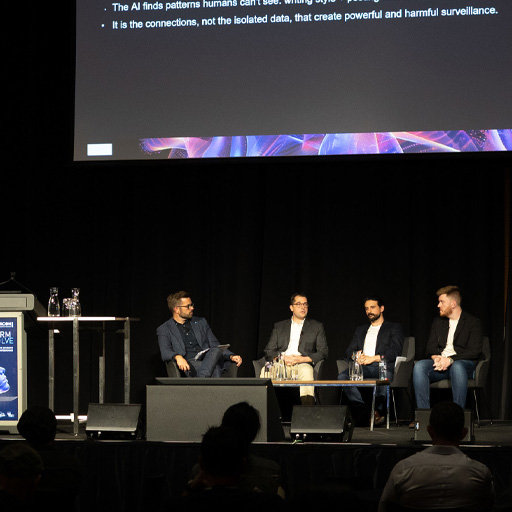Technology vendors are definitely in their new eras and we’re here for it. Jeff Baxter, Vice President of Product Marketing at NetApp, announced NetApp’s campaign to move the needle towards four critical customer requirements which include data infrastructure modernisation, cloud transformation, artificial intelligence, and cyber resilience.
“We’re launching a tremendous amount of innovation across all of those imperatives” Baxter began, framing the company’s recent strategies not merely as upgrades, but as gigantic shifts.
NetApp’s AFX and its disaggregated architecture, was introduced as ‘the biggest, boldest infrastructure move we’ve made’ and with it, NetApp pitches itself as ready for the AI era.
“This is probably the biggest, boldest infrastructure move we’ve made, while at the same time maintaining all of the amazing data innovation we’ve built over the last 30 years.”
AI, as Baxter described, is no longer siloed from enterprise operations; it’s stitched directly into infrastructure. According to Baxter, the language has changed. NetApp talks now of ‘AI data services’ as a slingshot forward that is intended to expose data and metadata for use by next-gen AI applications.
NetApp wants to be more than a ‘boring data storage company’ and the company’s ambition is now to swim faster than the shark and take the lead on being the preferred data infrastructure provider.
“This doesn’t sound like a storage provider anymore. It truly sounds like a data infrastructure provider.”
Baxter discussed the collaboration with Nvidia as a signature of NetApp’s intent to play at the apex of technology stacks. Cybersecurity is, of course, still at the core of NetApp’s roadmap, and has a massive seat at the table.
“We love being the most secure storage on the planet,” Baxter claims. “We’re the only enterprise storage that’s actually validated to store top secret data by the US government.”
Embedded AI now helps detect ransomware and even data exfiltration attempts, while new capabilities like clean room recovery position NetApp as a pillar of cyber resilience.
The NetApp Shift Toolkit, a migration engine announced alongside other products, lets customers move effortlessly between hypervisors without recopying data.
“They can actually do that if they’re on ONTAP within a matter of minutes,” Baxter explained.
In an industry full of migration headaches, the promise of refactored bits and seamless transitions quietly pushes NetApp deeper into the orchestration layer of digital infrastructure.
NetApp’s storage OS now runs natively in all three major public clouds, but excludes Oracle’s cloud, and the company’s public earnings clearly highlight consistent and constant growth.









